Worst Tourism Scams That Travelers Know (40 Snaps)
It’s tempting to believe that as travelers, we’re expected to be wise. If not, won’t be able to avoid being dumped by travel scams. But, the truth is, it can happen to anyone. That includes me!
While I’ve posted a lot of good travel advice on my blog, I thought it was vital to dedicate a page to common travel scams. Scams like these abound all throughout the world, from getting grossly overcharged on cab trips to unintentionally disclosing credit card information.
While it is practically impossible to predict when you will be scammed, it is crucial to be aware of the types of travel scams that exist and what to do to ensure your safety while traveling.
Here are a few common world tourism scams that you should know about being a traveler. We won’t say don’t go around the farthest corner of the world but be safe, keep aware of your surrounding, and never let anybody rob you or scam you. Keep enjoying your adventure in life.
Table of Contents
#1
This scam is commonly perpetrated by cab drivers around airports or train stations, although it can occur everywhere.
When you get into a cab and begin driving, the driver will warn you that the meter is broken and will charge you a crazy amount (perhaps in the hundreds of dollars if you’re not careful).
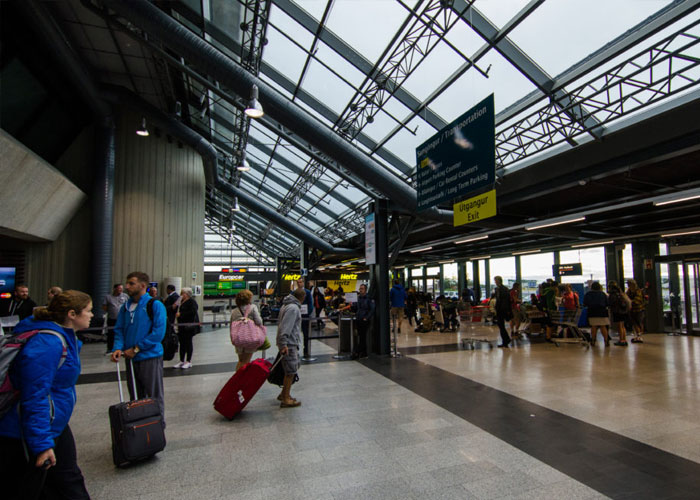
#2
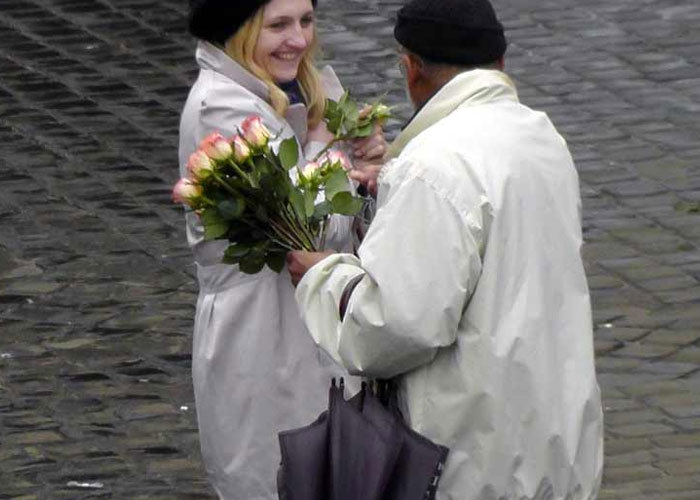
#3
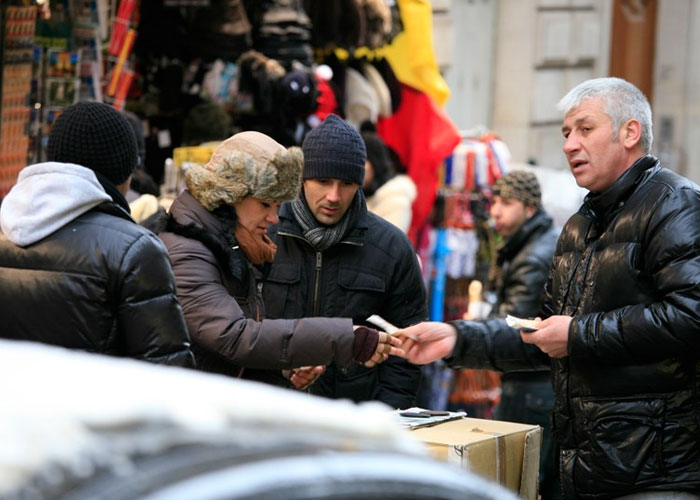
#4

#5
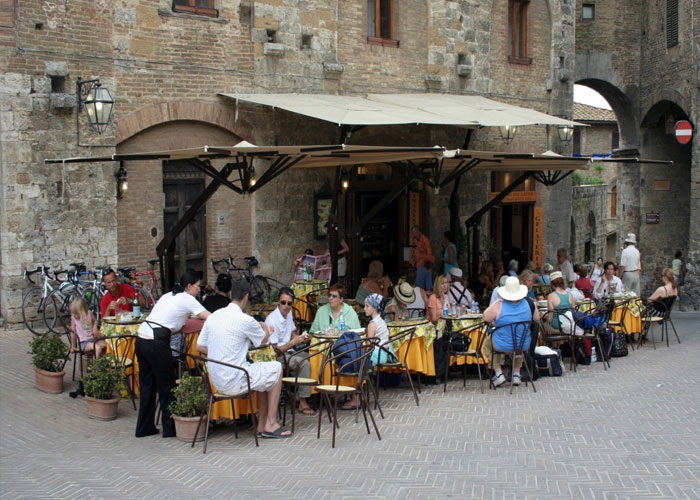
#6
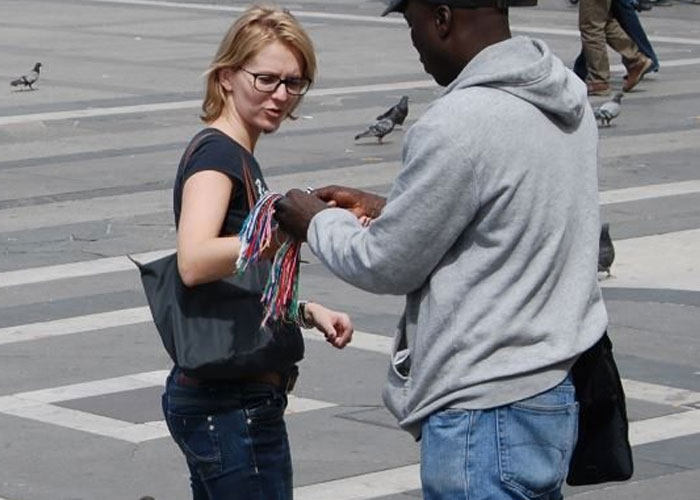
#7

#8

#9
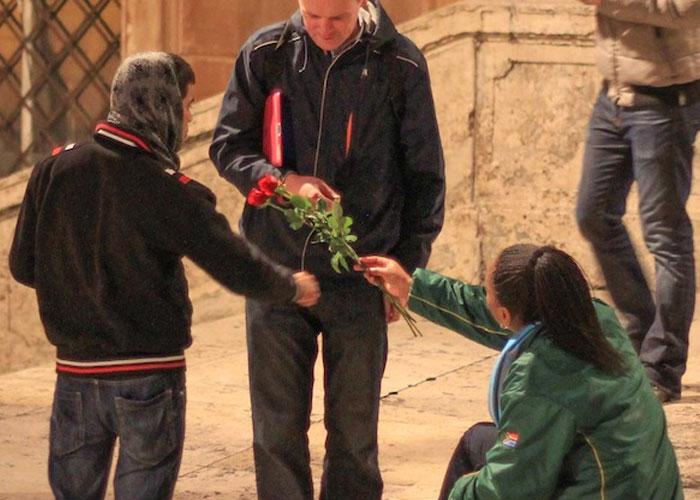
#10

#11

#12
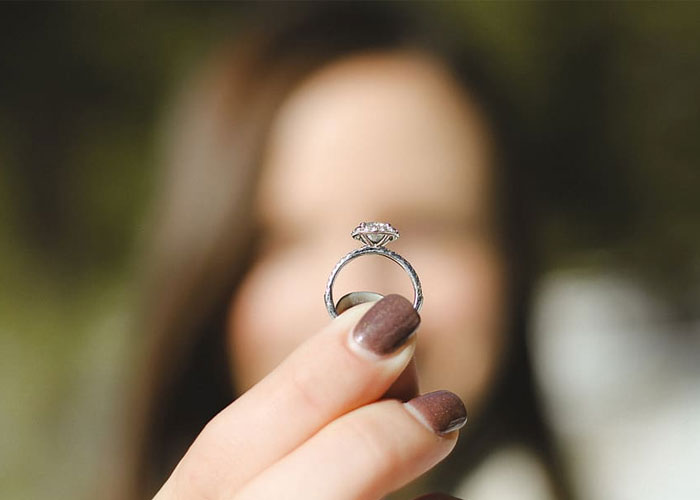
#13

#14

#15
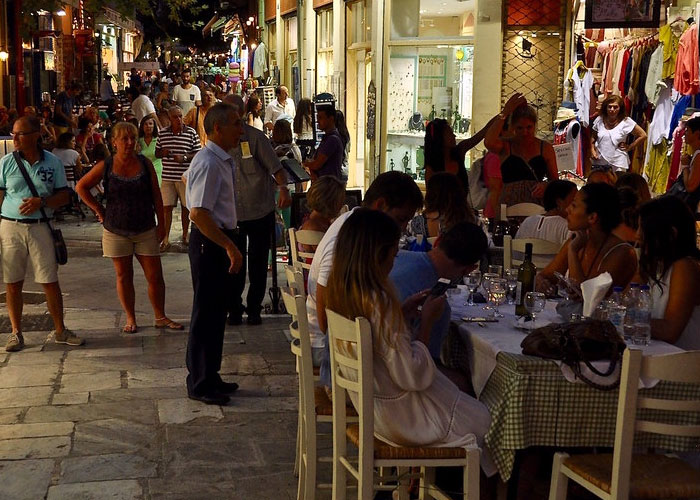
#16

#17
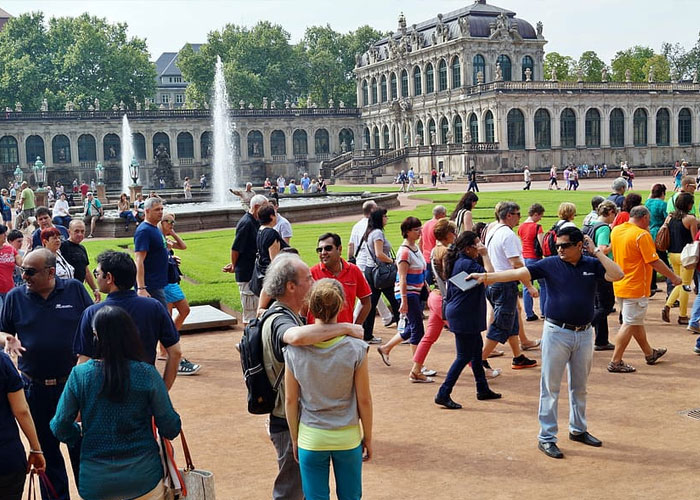
#18

#19

#20

#21

#22

#23
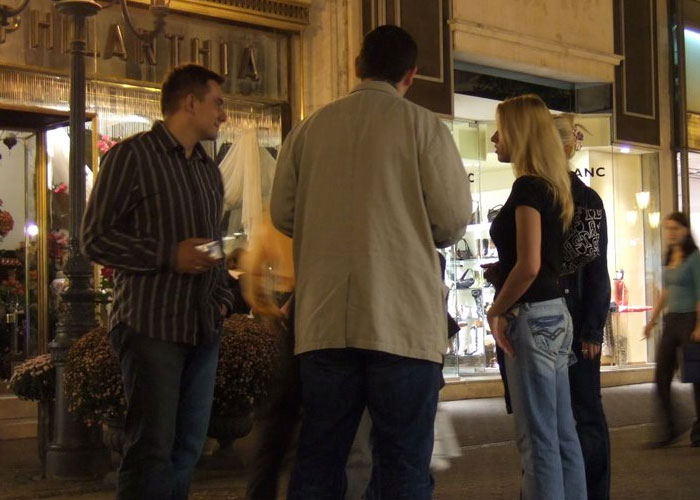
#24

#25

#26

#27

#28

#29

#30

#31
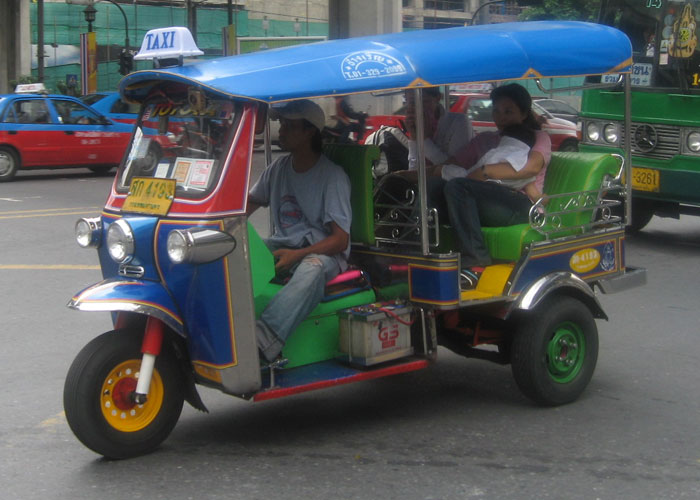
#32
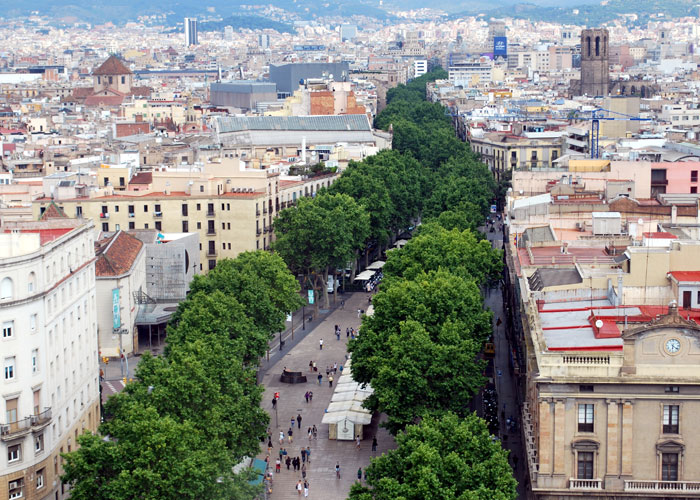
#33

#34
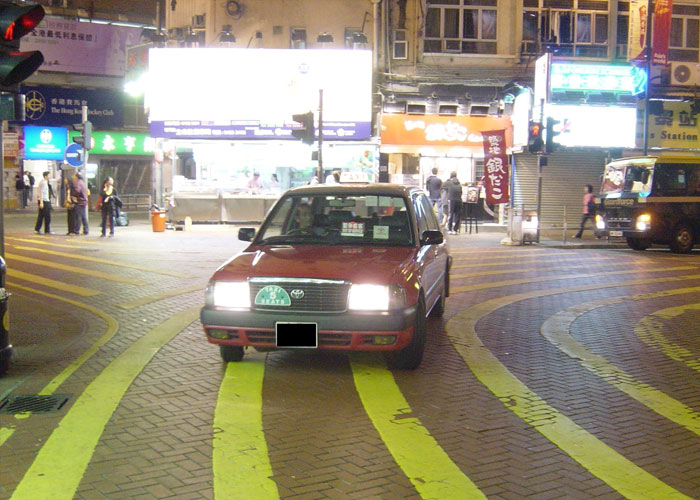
#35

#36
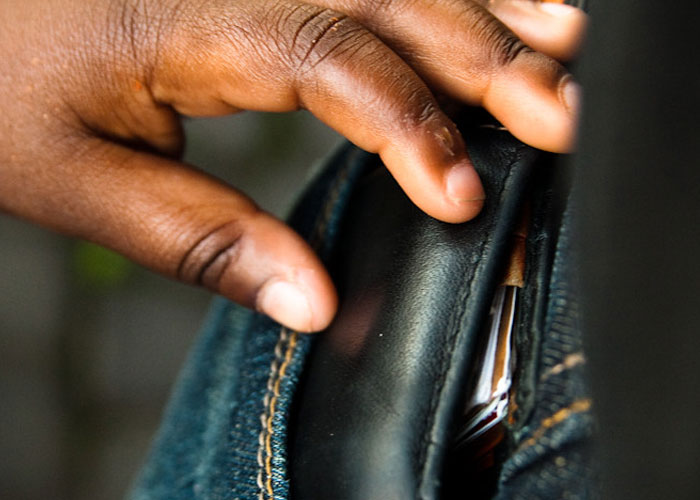
#37
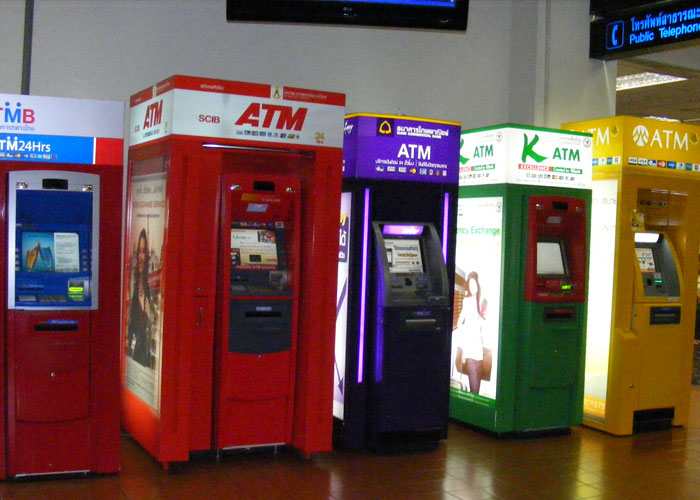
#38

#39

#40
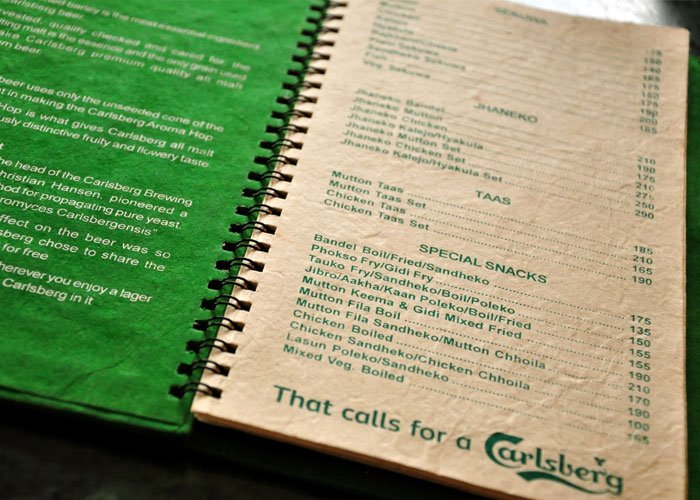
#41 Taxi Meter Is Out Of Order
This scam is commonly perpetrated by cab drivers around airports or train stations, although it can occur everywhere. When you get into a cab and begin driving, the driver will warn you that the meter is broken and will charge you a crazy amount (perhaps in the hundreds of dollars if you’re not careful).
How can you avoid getting scammed?
Negotiate to price ahead of time, or double-check that the meter is operating before getting in the car. Get out and get another taxi driver if the taxi driver refuses to turn on the meter or claims it’s cheaper without it. Cab drivers are not all con artists.
#42 Hotel Overbooked Or Closed
Cab drivers are primarily involved in this popular travel fraud. The driver will inform you that your hotel is closed or overbooked while driving you to a more expensive hotel where the driver will collect a great hefty commission.
How to Avoid It:
Call ahead to confirm that your hotel is open. Inquire about the shuttle service and make a reservation. If your taxi driver continues to tell you that the hotel is not available, insist on going anyhow. Even if you don’t, tell him you’ve made a reservation.
#43 Rosemary Bracelets or Free Bracelets
This scam mostly targets female travelers. A kind man or lady will come up to you and offer you a “free” friendship bracelet. For good luck, give you a sprig of Rosemary. They will demand money once you get it. They will start making a scene if you reject.
How do you avoid such pushers?
Never accept anything from strangers or street wanderers. Get along with your way and ignore them. If they keep on coming behind you, threaten them in a gentler way that you could go to the police if they won’t stop.
#44 Getting Spills on Your Clothes
A traveler going down the street in Europe can often feel something drop on their shoulder, which is usually bird feces or a fast-food condiment. Then a friendly stranger comes up behind you and begins wiping away the debris while removing your wallet from your pocket or purse.
How to avoid it,
If something is being spilled on you, do not panic. It was your destiny to get dirty with such things and this is not the end of the world, clothes can get dirty easily. Now, what can you do is go to some restroom or bathroom and wash it off.
#45 Police Officers who aren’t real
In many large cities, the phony police officer scam is common. Typically, someone may approach a tourist and offer illegal products such as narcotics.
While you’re talking, one or two other persons will approach, posing as cops and flashing “badges.” They will then demand that the unaware traveler take up his or her passport and pocketbook. They are not, however, police officers.
How to avoid the police scam?
Never give your wallet or passport to strangers. Demand that they show you their identity, and then tell them you’ll call the cops to make sure they’re who they claim they are. Alternatively, tell them your passport is in the hotel safe and that they must accompany you to your hotel. If they refuse to allow it, simply leave.
A frequent travel scam in large tourist locations involves a pleasant local approaching you and informing you that the attraction you wish to visit is closed for a variety of reasons (religious ceremony, holiday, etc.). They would like to escort you to a shop where you will be asked to buy high-cost prices.
#46 Tourist attractive sites are closed
According to the experience of a discreet tourist, A local man began asking about his trips in a busy public square in Mexico. He went on to say that the town’s famous hammock shop was closed, but that he knew of another nearby. The tourist thanked him but he rejected his advice and went back to the original shop, which was still open.
How To Stay Away From It:
Rather than taking the word of a local, go to the ticket counter or a store and see for yourself. Alternatively, seek confirmation from someone else nearby.
# 47 Helpful ATM Agent
Someone approaches you at an ATM cash machine, offering to assist you to avoid bank fees in your area. They genuinely want to use the card skimmer in their pocket to scan your ATM card and watch you enter your pin information so they can drain your account later.
During a discussion with a tourist, he said he felt embarrassed to admit that in South Africa, he almost fell for this con. The first man pretended to be a helpful local, while the second pretended to be a fellow client in line who agreed with the first.
The narrator noticed what was going on when the first guy canceled his transaction and advised him to try again. He took his card and walked away.
How to Avoid It:
Never let anyone close you when using an ATM, and always cover the number pad with your other hand when entering your pin code. Take your card and go to another ATM if someone approaches.
#44 Child Beggars Or Injured
Beggars are usually deaf, blind, or pregnant, and they may be accompanied by a “helper.” Women with children are quite prevalent (they might not even be theirs). Begging gangs frequently employ children to collect money. Why?
Because most people find it difficult to say no to the elderly, injured, or young. An accomplice nearby may be simply monitoring to see where you keep your money in order to pickpocket you later.
How to Avoid It:
Because it’s nearly hard to tell who is genuine and who isn’t, I never give cash to beggars on the street. I do, however, buy them food or give them old clothes. Your money won’t end up in the hands of a gang.
#45 Group Photo offer went rogue
A local offers to take a group shot of you and your buddies while you are hanging out in a major tourist attraction or landmark.
As you prepare to pose for your amazing new Facebook jumping shot, you notice that your new friend has vanished totally. With your high-end camera.
How To Avoid It:
This one is difficult; you must carefully assess the scenario. For a group photo, I willingly gave over my $3000 camera to others. But it’s nearly always me that asks for the favor, rather than them spontaneously volunteering.
The most dangerous sites for this are crowded city attractions. Ask fellow travelers instead if you have to, and return the favor.
#46 Imitation WiFi Hubs
While you can now find WiFi practically anywhere, some of those unrestricted free connections could be dangerous. Hackers will set up enticing unprotected wifi connections in public places, allowing the thief access to your computer, passwords, online accounts, and more.
How To Stay Away From It:
Always verify which wifi connection is the official one with the hotel/coffee shop/airport employees. Especially when an enticing unlocked connection is available. Use a VPN, or virtual private network, to encrypt all of your online activity. Private Internet Access is the one I use.
#47 Rental Motorcycle Damage
Overnight, your rented moped or scooter is damaged (or maybe stolen). As recompense, the owner will demand more payment or costly repairs. What you don’t realize is that the bike was damaged or stolen from you by the owner or his friends.
A visitor in the Philippines experienced this. He added, “While discussing his experience with us,” “My motorcycle seat cushion was cut with a knife for no apparent reason, and the rental company asked that I purchase a new seat cover. Because the repair was so inexpensive, I’m still not sure if it was a scam or if it happened by chance.”
How to avoid it?
Take pictures of the bike first to document any previous damage. Instead of using the rental company’s lock, bring your own (who may have a 2nd set of keys).
Make sure there’s a safe spot to leave the bike overnight and don’t notify the firm where you’re staying. If the bike is damaged, take it to a shop suggested by someone other than the owner.
#48 Tickets for fake buses, trains, and planes
Someone offers to sell you discounted train tickets or to skip the line for a slightly higher fee. Perhaps a cab driver will volunteer to take you to a friend who works as a local travel agent.
However, the tickets they’re selling are fake, and by the time you realize it, the con artists have already taken your money.
According to a tourist, “A cab driver offered to take me to a friend who works as a travel agent. I informed him that I had already purchased tickets”.
How to Avoid It:
Whenever possible, get transportation tickets from an official ticket agency or online. Never be greedy enough to take tickets from anywhere instead of the official store or the agent. It may seem expensive to you but trust it that honesty is the best policy.
#49 Carpet or Gemstone Deals
A local man casually mentions his lucrative side business of purchasing jewels, gemstones, watches, or carpets and then reselling them at a profit in the United States (or elsewhere).
He offers to teach you how he does it and where you can get the greatest bargain. The only issue is that these items are counterfeit.
Show some avoidance of this situation
Avoid it by not purchasing pricey luxury things while on vacation, regardless of how fantastic the bargain is. Remember, if it sounds too good to be true, it most often is.
#50 Fake Hotel Alarm Clock
You get a call from the front desk in the middle of the night to confirm your credit card information while staying at a hotel. It’s not the front desk calling; it’s a scammer who will deplete your accounts by copying your card using the information you provide over the phone.
How To Stay Away From It:
Never provide credit card information over the phone. If there is an issue, come down to the front desk the next morning.
When you arrive in a new nation, you notice that the attractive women there seem to pay much more attention to you than they do back home.
You’re invited to a nightclub or bar by one of them. However, after a crazy night, the woman vanishes, leaving you with an exorbitant bill. Or, much worse, robbed and drugged.
How To Avoid It:
Be aware of attractive ladies who are very upfront or aggressively hitting on you. I realize it’s every man’s fantasy to be approached by attractive ladies, but if it’s not a regular occurrence for you, it’s most likely a con.
Conclusive word:
The truth is that no matter how well-prepared you believe you are, you will fall victim to a travel scam at some point. However, don’t let this stop you from seeing the world.
Consider it a rite of passage. Sure, being duped out of your money is humiliating, but there are worse things that may happen. It’s all part of the learning process. That’s how I see it, at least!







